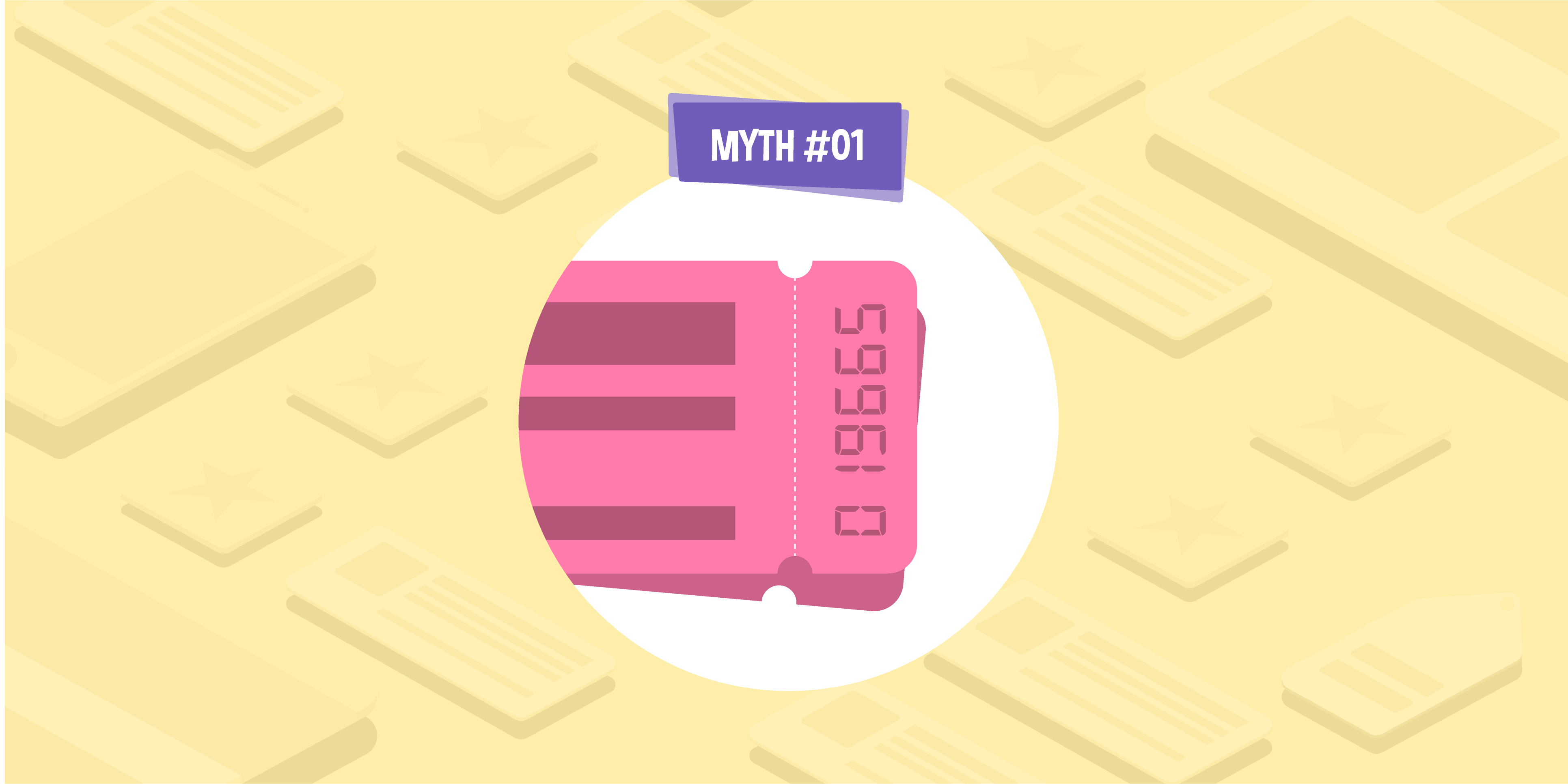
- 18 Mar 2016
- 5 Min read
One man’s search for a band called ‘Jogging’
In the 21st century, the success of your brand is heavily reliant on its digital presence, and in particular its inclusion on the first page of Google.
Regardless of the nature of your business, one of the most important things to consider is how visible your brand name will be on the internet. Choosing a brand name that contains a very common keyword or search term could leave you sitting way down the page of Google search results — this isn’t good for website hits or brand awareness, and it certainly isn’t good for sales.
The perils of search are perhaps no better demonstrated than by the Dublin-based post-hardcore band Jogging, who I discovered through Spotify’s auto-playlist function. Their track Threadbare immediately caught my attention, and so I turned to Google to research the band a little deeper.
This is a process that the consumer follows on a daily basis — see a product advertised on TV, or hear about it from a friend, and Google is the first port of call for additional information. A single search should be sufficient, two at the most, but what about when Google search brings you no joy? Here is my elaborate and frustrating journey to finding this band on Google.
Search 1: ‘Jogging’
Typing the word ‘Jogging’ into Google didn’t bring me any relevant results, but I did find an amusing Daily Mail article suggesting that jogging is bad for your health. Needless to say, I didn’t explore the search results past page one.
The first search is vital for the user: an unfruitful first search will put users in a state of annoyance and doubt. Unless they are particularly keen (which I was), they will often lose patience or interest if the first search does not yield a relevant result.
My next search would be foolproof — or so I thought.
Search 2: ‘Jogging music’
Instead of being met with pages filled with the band’s music and a place where I could buy their album, I found nothing but playlists for jogging. The best motivational music for your jogging route. Running songs that will make my workout better. The results were very information rich and helpful — for somebody else.
Contextual search can be one of the greatest tools for a brand. If you do not rank near the top of Google for a particular search term, you can compensate for this by optimising your pages using contextual keywords. For example, a retailer may not rank very highly for ‘patio furniture’, but could rank quite highly for ‘patio chair’ or ‘patio table’. Secondary searches can be just as important for generating website traffic.
Through reading the band’s bio on Spotify, I learned that they were from Dublin, Ireland, and thus had a new avenue for finding them on the internet.
Search 3: ‘Jogging Ireland’
This was beginning to get a little tedious. Won’t anyone take a chance on three guys from Dublin playing loud guitar music?
It seems that the people of Ireland are more interested in the best jogging routes across the country, which was disappointing to me, given how interested I was in hearing one of their finest musical offerings. We don’t all like listening to U2.
Luckily for this band, and for me, they were eventually saved by their own ingenuity, and a bit of luck from one of their primary music distributors.
Search 4: ‘Jogging band’
Hallelujah!
The first two results of this search link to Jogging’s Bandcamp account, and their Facebook account. Both of these links contain enough information for me to keep tabs on this band, as well as buy their music. This is ideally what I would have found on my first search, if the keyword wasn’t so diluted.
Even with this search, the majority of the results relate to jogging bands — bands you wear around your wrist when jogging to keep track of your heart rate etc. I imagine the band also suffered for a time with this search nightmare, as well.
The reason for their appearance on the first page on this occasion is that they have been clever with their URLs. The Bandcamp domain already includes the word ‘band’, so ‘Jogging Band’ is quite likely to bring up a relevant result if there is enough traffic going to that domain to justify it. Their Facebook, however, is a result of the band following good practice. Bands are recommended to construct their social media URLs as /xmusic or /xband, given that this is what users are more likely to search in Google if their initial search is unsuccessful. Unfortunately for me, ‘Jogging band’ was my fourth search.
Brands can also follow this advice by giving their website URL a bit of context. A start-up candle business called ‘Wax On’, for example, probably wouldn’t benefit greatly from their website URL being ‘waxon.com’ as Googling ‘wax on’ would retrieve very vague search results. Naming the website ‘waxoncandles.com’, however, would be much more effective, as not only would this immediately capture anyone who Googles ‘wax on candles’, but also potentially encourage the website to rank for ‘candles’.
It’s the type of context that not only helps with Google ranking, but also the understanding and impact of your brand. I know from reading around the band that they do have plenty of internet presence, so could fully justify a Wikipedia page — this would be extremely beneficial to their presence on Google.
Take courage
Ultimately, your brand is your brand. You may not wish to compromise on any element of it, including its name. However, you should take the lesson demonstrated by Jogging, a band so incredible yet so unfortunate, and consider search issues before making your plunge into digital. It’s a decision that could be the difference between sitting atop Google results and getting lost within them. It also stresses the importance of onsite optimisation, and how ranking for related terms could make or break your business.
Thankfully, I finally found the song I was looking for:





